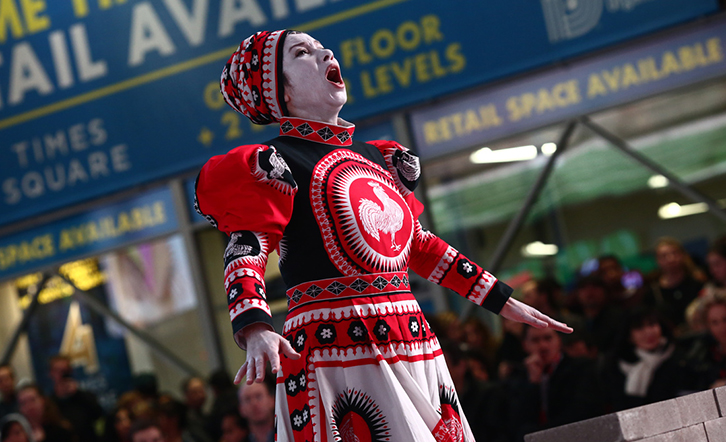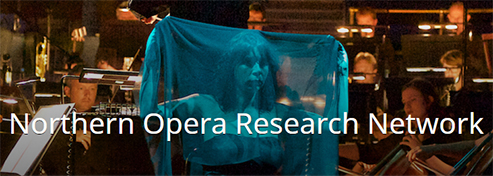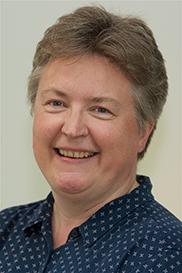Northern opera finds its forum through a new research network

Tue, 27 Sep 2016 15:20:00 BST
The Northern Opera Research Network will promote “new, multi-disciplinary research into the art form”
 OPERA is as exciting and relevant as ever, says the University of Huddersfield’s Professor Rachel Cowgill, who has played a central role in establishing an inter-university organisation that promotes new, multi-disciplinary research into the art form. Its first conference featured speakers and performers from around the world.
OPERA is as exciting and relevant as ever, says the University of Huddersfield’s Professor Rachel Cowgill, who has played a central role in establishing an inter-university organisation that promotes new, multi-disciplinary research into the art form. Its first conference featured speakers and performers from around the world.
It is named the Northern Opera Research Network (NORN), and in addition to pooling the expertise of leading academics in the field, it has links with performers and organisations, notably the acclaimed Leeds-based Opera North.
 “We also work with some of the less-established, new opera companies that are springing up to do interesting things and take opera in all sorts of new directions – for example, out of the opera house and into the streets,” said Professor Cowgill, a musicologist who is Head of Music and Drama in the University of Huddersfield’s School of Music, Humanities and Media. Her research and her active involvement with opera feed into an undergraduate module that she teaches – Music on Stage: Opera and Musical Theatre from Orfeo to Matilda.
“We also work with some of the less-established, new opera companies that are springing up to do interesting things and take opera in all sorts of new directions – for example, out of the opera house and into the streets,” said Professor Cowgill, a musicologist who is Head of Music and Drama in the University of Huddersfield’s School of Music, Humanities and Media. Her research and her active involvement with opera feed into an undergraduate module that she teaches – Music on Stage: Opera and Musical Theatre from Orfeo to Matilda.
Huddersfield music students have also benefited from NORN. Some contributed a flash-mob to its inaugural conference, and the Opera North tie-in has enabled them to attend dress rehearsals and speak to performers and directors to learn more about how opera companies work.
Professor Cowgill is one of the steering group that has set up NORN, alongside Dr Sarah Hibberd of the University of Nottingham and Dr Kara McKechnie at the University of Leeds.
The organisation’s philosophy is that opera “offers an ideal platform for bringing a range of different disciplines into dialogue, including music, performance studies, sociology, policy research, history, philosophy, politics and drama”. The aim is to hold study days, conferences, workshops, and performances.
The inaugural conference was held earlier this year at the University of Huddersfield’s Heritage Quay and the University of Leeds' Alec Clegg Studio in the School of Performance. Titled Operatic Immersions, it included a sequence of discussions on topics that included 19th-century practice, composing, commissioning and producing operas, and approaches to Wagner. There were speakers and practitioners from universities around the UK and from the USA, China, Ukraine and Latvia. Organisations taking part included Opera North and new company Operasonic, based in Wales and aimed at creating new opera with young people.
 Professor Cowgill is in no doubt that opera is a thriving art form.
Professor Cowgill is in no doubt that opera is a thriving art form.
“It is still very valuable and significant and, what is more, it is bursting out of the opera house and appearing in all sorts of different contexts – we’ve seen ‘headphone opera’ in railway stations, and even opera on mobile phones,” she said.
“A whole generation of new companies are re-inventing opera and engaging with other traditions of music theatre. I think it is an exciting time.”
She rejects accusations that opera is elitist.
“It has indeed always been associated with sovereignty and the aristocracy and those who can afford luxury, but it is also a profoundly rich way of understanding the world through music and drama. It has such a lot to say to anybody who is willing to engage with it.”







